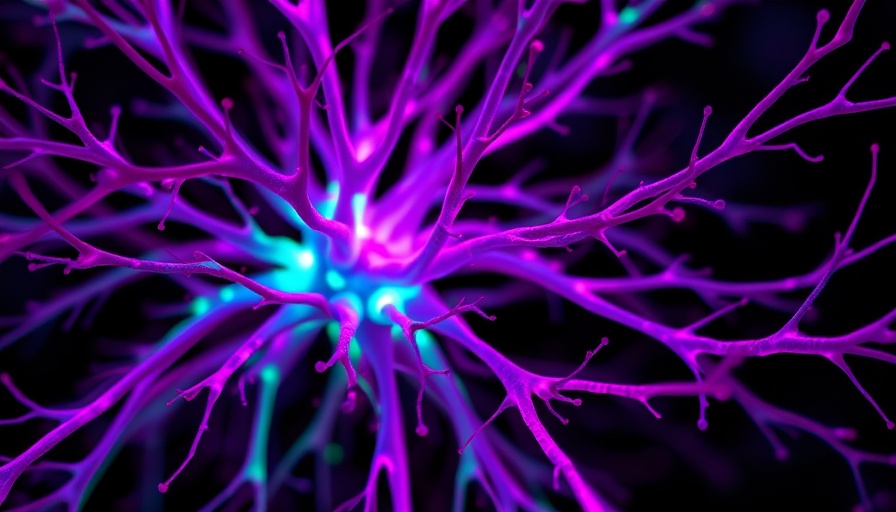
Uncovering Language Skills Through Early Brain Development
Recent research highlights an intriguing relationship between the structure of infants' brains and their future language abilities, specifically in relation to autism spectrum disorder (ASD). A study published in Human Brain Mapping showcases that the surface area of the left inferior frontal gyrus in 6-month-old infants diagnosed with autism is inversely associated with language skills at the age of two. This indicates that as the cortical surface area increases, language abilities could potentially decrease for these infants, pointing toward nuanced links between brain anatomy and communication capabilities.
The Evolution of Brain Specialization
Interestingly, the findings suggest that, unlike adults, infants’ cortical structures are not localized solely to language-related functions. Various regions outside the typical language networks are implicated, implying that brain specialization occurs over time. This highlights the importance of early intervention strategies to foster language development as early as possible, potentially transforming outcomes for children on the spectrum.
Wider Implications for Autism Research
This research falls in line with a growing body of autism research, including insights into anxiety management in autistic youth and the exploration of genetic mutations affecting neuronal development. For instance, it is noted that targeted gene therapies, such as those advancing for Angelman syndrome, may open new doors in behavioral science and cognitive therapy research.
Future Directions and the Need for Early Intervention
The implications of these findings extend beyond mere understanding; they emphasize the critical nature of early intervention programs in the lives of children with autism. With advancements in autism clinical trials and therapies exploring genetic potential, we stand on the brink of potentially transformative breakthroughs in neurodevelopment.
For parents navigating the complexities of autism, staying informed about the latest research can empower decision-making regarding interventions for their children. Early and effective support systems not only nurture language proficiency but also enrich the overall developmental trajectory of children with ASD.
 Add Row
Add Row  Add
Add 




 Add Row
Add Row  Add
Add 

Write A Comment